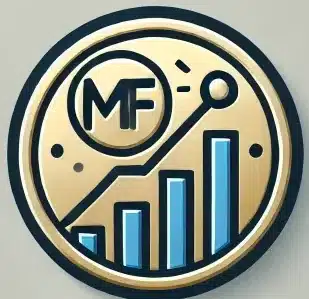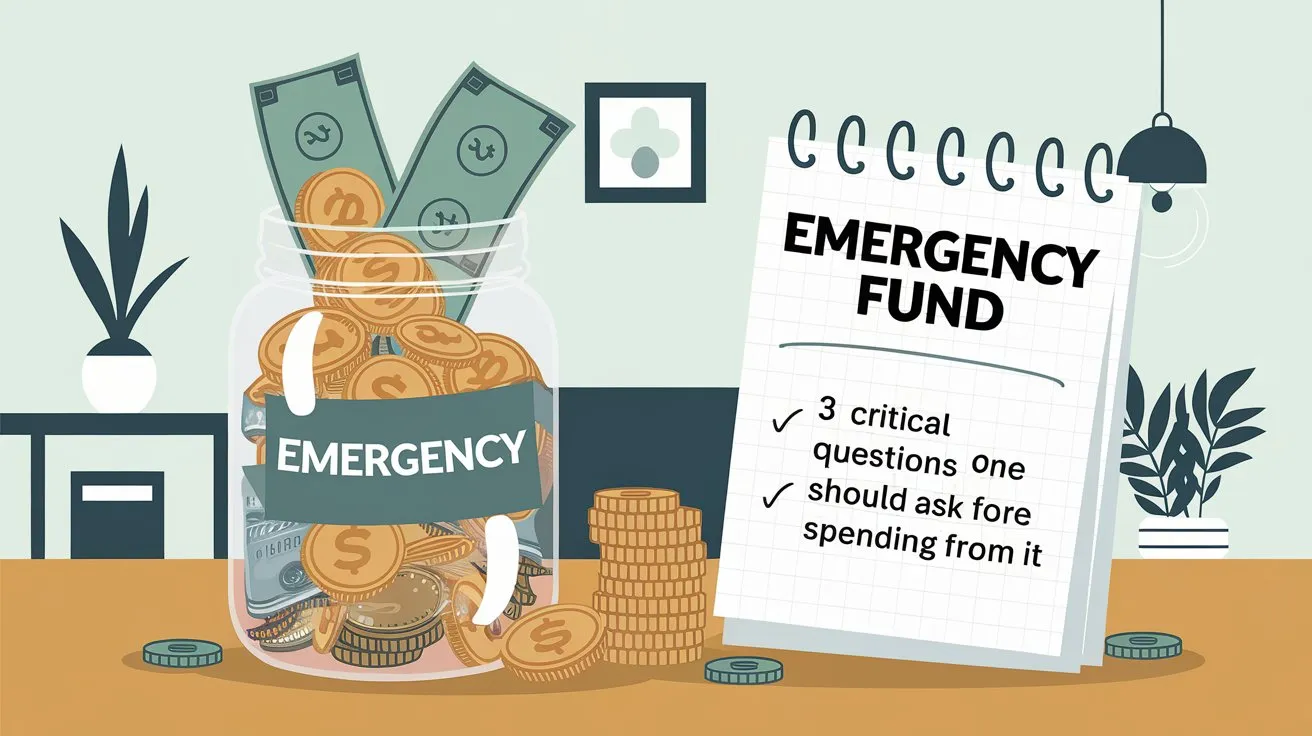Are you curious about money market accounts (MMAs)? Wondering how they can benefit you or what potential drawbacks they might have?
In this article, we’ll explore money market accounts in simple terms, making it easy for anyone to understand. We’ll break down what they are, how they work, their pros and cons, and help you decide if they are a good idea for you.
1. What is a Money Market Account
Imagine a money market account as a mix of a savings account and a checking account. It’s a special type of savings account that gives you some nifty perks.
You can write checks and use a debit card, just like your regular checking account. However, the big difference is that money market accounts typically offer higher interest rates, which can help your money grow faster.
2. How Do Money Market Accounts Work
Money market accounts work their magic by investing your money in super-safe, short-term securities like Treasury bills and commercial paper.
These are like the superheroes of the financial world, known for their safety. Plus, your money market account is FDIC-insured, which means your funds are protected up to $250,000 per depositor, per account ownership type, at each insured bank.
To open one, you usually need to drop a minimum deposit, often around $1,000. Once it’s open, you can start making deposits and withdrawals. You can also use your debit card for purchases or withdraw cash from ATMs. It’s like having the best of both worlds: easy access and the power of compounding interest.
3. Pros of Money Market Accounts
Money market accounts have several pros:
Higher Interest Rates: They offer better interest rates compared to regular savings accounts.
Check-Writing and Debit Card Access: Enjoy the convenience of writing checks and using a debit card.
FDIC Insurance: Your money is safe, as it’s FDIC-insured up to $250,000 per depositor, per account ownership type, at each insured bank.
Liquid and Accessible Cash: Quick access to your money, plus it grows.
4. Cons of Money Market Accounts
On the flip side, there are some cons to consider:
Withdrawal Restrictions: Some MMAs limit how many withdrawals and transfers you can make each month.
Minimum Deposit: You may need a higher minimum deposit than regular savings accounts.
Fluctuating Interest Rates: Interest rates can change over time.
5. Is a Money Market Account Right for You
Whether a money market account is right for you depends on your needs. Consider these factors:
Interest Rates: They’re generally higher but can vary, so compare rates.
Minimum Deposit: Most require at least $1,000, but some may have higher requirements.
Withdrawal Restrictions: Be sure you understand any limitations.
Liquidity: If you want to access your money easily, MMAs are a good choice.
6. The Downside of Money Market Accounts
Money market accounts are excellent, but there are some downsides:
Minimum Deposit Requirements: If you can’t meet the minimum deposit, it might not be the best choice.
Withdrawal Restrictions: Exceeding limits can lead to fees.
Fluctuating Interest Rates: They can change, impacting your earnings.
Fees: Watch out for fees on overdraft protection, ATM withdrawals, or excessive withdrawals.
7. Can You Withdraw Money from a Money Market Account
Yes, you can withdraw money from a money market account. You have various options:
ATM: Most MMAs allow unlimited ATM withdrawals.
Debit Card: Most also permit debit card withdrawals.
Check: You can write checks, but there might be limits.
Electronic Transfer: Move money electronically to another account or credit card.
Make sure to review your account’s terms and conditions to understand withdrawal restrictions.
8. Do Money Market Accounts Earn Interest Monthly
Absolutely! Money market accounts typically earn interest monthly. The interest compounds, which means you earn interest on your interest, helping your money grow faster.
Remember, some MMAs may have tiered interest rates or a maximum monthly interest payout. Check the account’s terms and conditions for details.
9. Money Market Accounts vs. Savings Accounts
Money market accounts and savings accounts are similar but have differences:
Interest Rates: MMAs usually offer higher interest rates.
Features: MMAs offer more features like check-writing and debit card access.
Minimum Deposits: MMAs may have higher minimum deposit requirements.
Safety: Both are FDIC-insured, so your money is safe.
Choose the right one based on your needs. If you need easy access and higher interest, go for a money market account. If you want simplicity and no minimum deposit, opt for a regular savings account.
10. Is It Safe to Open a Money Market Account
Absolutely! Money market accounts are safe to open. They’re FDIC-insured, meaning your funds are protected up to $250,000 per depositor, per account ownership type, at each insured bank. Just ensure you choose a reputable bank or credit union.
Conclusion
Money market accounts are a powerful tool for those who want to grow their savings while having easy access to their funds. However, like any financial product, they have pros and cons. It’s essential to understand your financial goals and the terms of the account before opening one.
Frequently Asked Questions
Can I open a money market account with a small deposit?
While some MMAs have minimum deposits as low as $1,000, others may require a larger initial deposit. Be sure to check with the specific bank or credit union.
Are there fees associated with money market accounts?
Yes, some MMAs charge fees for things like overdraft protection, ATM withdrawals, or excessive withdrawals. Always read the terms and conditions.
What happens if I exceed the withdrawal limits on my money market account?
If you go over the monthly withdrawal limits, your account might incur fees. It’s essential to understand these limits and plan your transactions accordingly.
Is there a maximum balance for money market accounts?
There’s typically no maximum balance, but some MMAs may have a tiered interest rate structure where higher balances earn more interest.
Are money market funds the same as money market accounts?
No, they’re different. Money market funds are mutual funds and are not FDIC-insured. Money market accounts are a type of savings account and are FDIC-insured.
With this information, you can make an informed decision about whether a money market account is the right choice for your financial needs. Happy saving!




